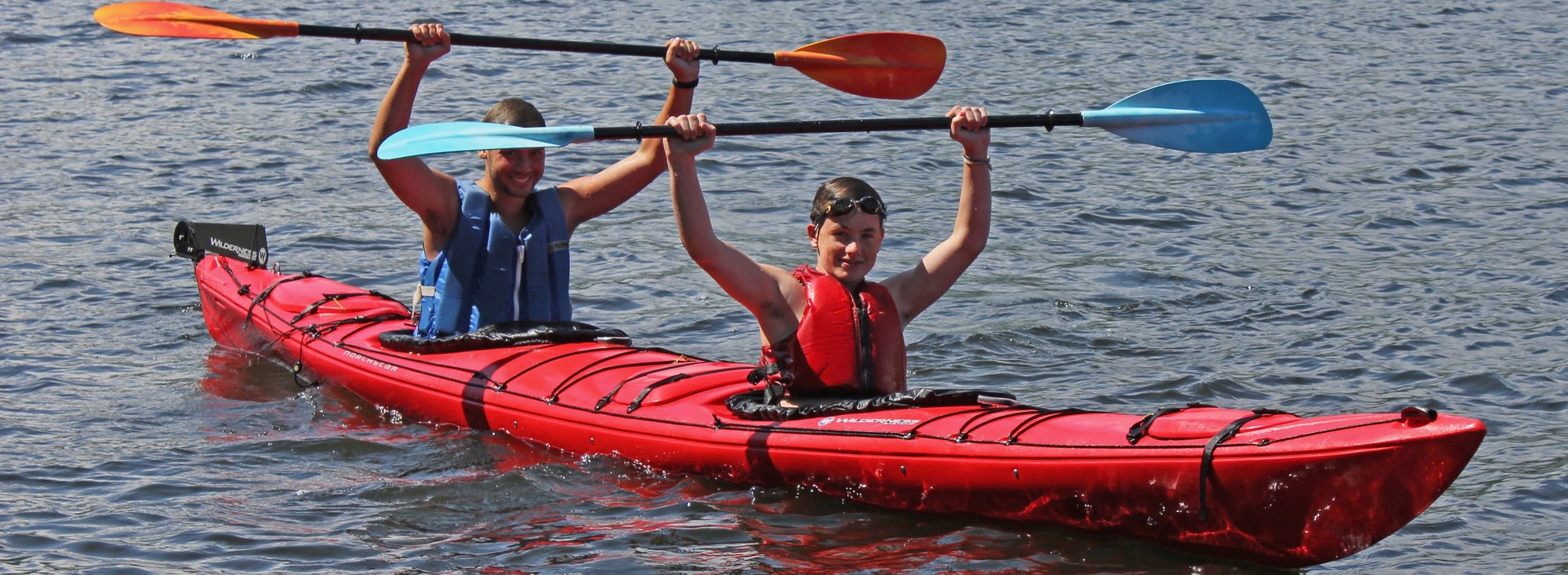FAQs
Here are some Frequently Asked Questions that new families may have:

Here are some Frequently Asked Questions that new families may have:
There are several ways to help ensure that your child is prepared for the experience of being away from you, and for you being away from your child! Start by planning sleepovers at friends’ or relatives’ houses for a day or two and, if possible, arrange for a longer period of time away from home, during school vacation. Encourage your child to try new things outside of the immediate friendship circle. This will help build confidence and demonstrate that unfamiliar situations can be fun once you get past the initial hesitancy.
For even the most prepared camper, homesickness can still occur. Our counselors are trained to help campers work through these difficult feelings. In our experience, most children who encounter homesickness find that the feeling diminishes as they become more familiar with their new surroundings, make new friends, and become immersed in the excitement and pleasure of their daily activities.
By the end of each summer at Lincoln and Whippoorwill, the camps feel like small villages and it’s hard to imagine that most of the children don’t actually live with each other year-round! Everyone not only knows everybody else’s name, but also a lot about them as well. Living with others in a cabin group, eating with them in the dining hall, joining them at activities and on trips are invaluable experiences in learning what it means to be part of a real community. This strong belief in the value of community is a primary reason that we’ve chosen to stay smaller than many other camps.
In addition, the full season really gives boys and girls the chance to build new skills. It’s one thing to try sailing once or twice. It’s quite another thing to practice the skills of a sailor over the course of seven weeks, going beyond the basics and even learning to skipper a boat. Our campers have the opportunity to hone their skills to a truly remarkable level in their favorite activities. Over the years camp alumni have reported that what started at camp has become a life-long love of such pursuits as hiking, canoeing, camping, sailing and riding.
For families who feel apprehensive about the season length, we do offer the option of a 5 week session, and can accommodate a few for shorter lengths of time as well. Many who initially choose a shorter session often decide to remain for the full summer once they got here!
Yes, the Gucker Campership Fund is a wonderful, alumni-run scholarship resource that awards financial aid to a number of families each summer. Supported by tax-free contributions from past and present camp families, campers and counselors, the Fund is available for a range of family circumstances and various levels of assistance. Although funding is not guaranteed, inquiries and applications are encouraged and kept strictly confidential.
Hiring counselors is a job we take very seriously. We look for staff who truly enjoy working with children and have the maturity, responsibility and sense of humor to do so. We also look for staff members with the skill to teach activities, solve problems and be emotionally supportive. The vast majority of our counselors are college age students in the 19-21 age bracket and many are former campers. These young adults are supervised by a leadership team made up of highly experienced individuals. Many are, or were, teachers during the rest of the year and most have been involved with the North Country Camps for a long time.
We prefer that the telephone be used only rarely, if at all. We encourage parents to write to their children and vice-versa. We recognize the challenge of shifting to written letters from instant communication like cell phones, email and texting and we know how important it is for children to feel connected to home. But we also know that one of the keys to a successful camp experience is learning to face and solve problems without direct parent involvement, by talking with a counselor, section head, director or friends. However, we do permit campers to make and receive calls upon request.
In the case of homesickness we believe it’s better at the outset to communicate by letter. The sound of a parent’s voice can unravel our efforts to help a youngster cope with homesick feelings. To help in the adjustment phase, we ask that there be no phone calls to campers during the first two weeks of camp. We suggest that anxious parents first telephone the director to see how things are going before talking with your child. We do not provide email communication for campers. You are always welcome to phone or email the directors.